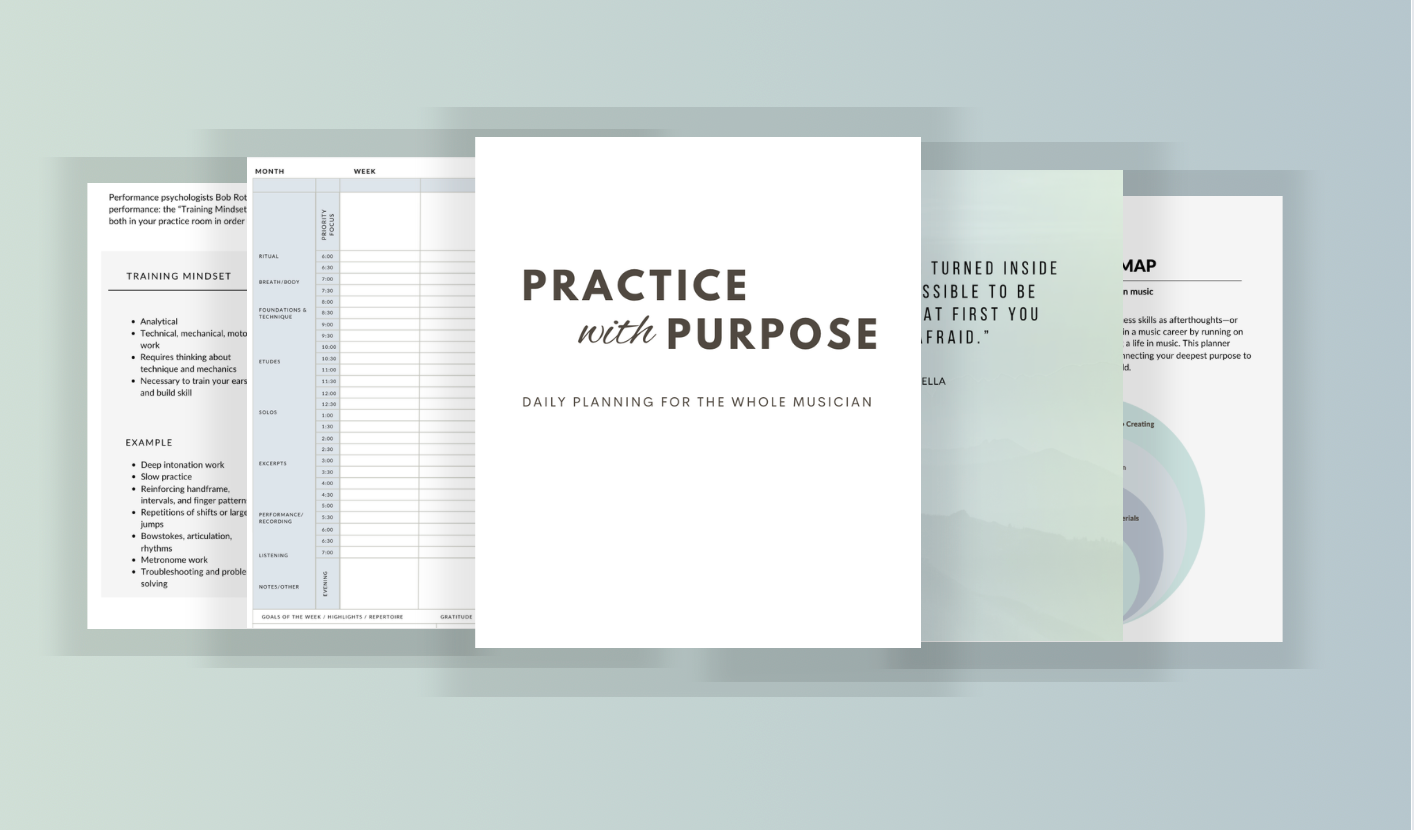How to keep a failure log, and why this is the key to happiness

You’ve met “those” people...
- they believe life is never fair.
- something is always happening to them. (I.e., How could she do that to me.)
- they believe they’re just not good enough, and that’s why they didn’t get X, Y or Z.
But you’ve probably also met other people who:
- view challenge as an opportunity.
- use adversity to change the world.
- believe they’ll find a way and they can grow their skills and abilities.
The exact same event could happen to these two people (even with similar experiences or abilities) and the way they move forward in their life will be completely different.
The difference?
Their mindset.
It's not magic. It's just the power of neuroplasticity, or practice of changing your brain, just by thinking.
As you think about a new possibility, your brain begins to fire new sequences, patterns and new combinations. You'll start to plan new behaviors, and what neuroscientists call "mental rehearsal" of what you might do in future situations. This rehearsal begins to create neurological circuits that are no longer a record of the past, but a map of the future!
What if you can intentionally reshape your patterns of thinking to activate a growth mindset? What if you can create a blueprint for all future events and situations?
Keep a failure journal.
You've all heard of gratitude journaling, but here's a practice Arthur Brooks, Harvard professor who teaches the science of happiness, assigns students in his classes. (Which by the way, fills up so fast, there's a waiting list!). Here's the 3-step process to keep a failure and disappointment life:
- As soon as something negative or a failure occurs, write it down. It could be a bad grade, or your application being rejected. Leave two empty lines below this entry.
- 30 days later, return to this entry and write down a quick observation. What have you learned from this?
- After 3 months revisit the entry again, this time describing something good that happened because of that failure or loss.
One very particular thing starts to happen as you fill the notebook: you'll start to look forward to the growth, benefit and knowledge that comes from negative experiences. As Dr. Brooks says, "never waste your suffering, never".
I'm so excited to share this one, because it's the perfect blend of scientific research and spiritual wisdom. And because so many my students are quick to read disappointment, mistakes or failure to mean that their not good enough, or somehow inherently lacking.
This is one small way you can work with the neuroplasticity of your brain, and start to build mental muscle - -
And as musicians, we sure need this reslience!
Curious to dive deeper into all things mindset?
Get the Mindset Mastery Program
Join Thrive!


